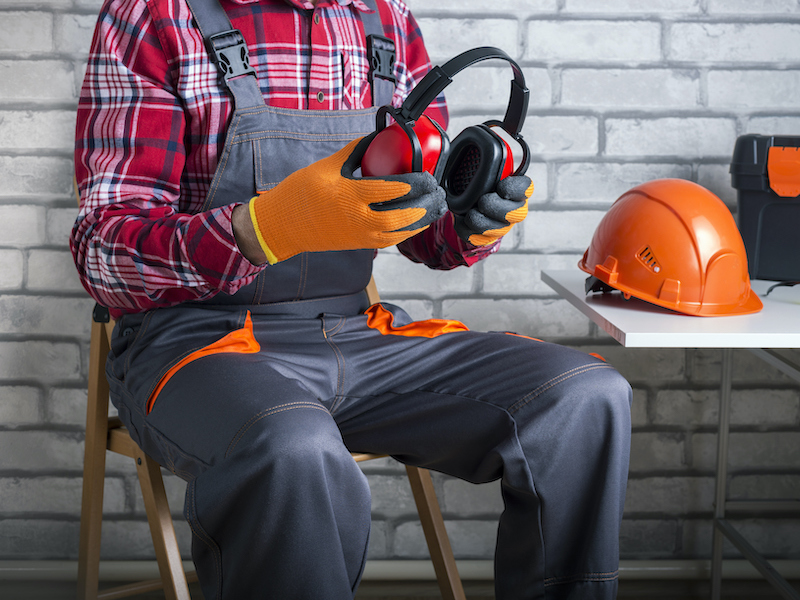
Your sense of hearing is important in your life and when you lose it, there will be no natural way for it to return But for some reason, hearing loss tends to go neglected and uncontrolled in the general population. As a matter of fact, permanent hearing loss affects one in every eight people (about 30 million people) 12 and older in the United States alone.
While there are treatments that can help you regain your hearing, like hearing aids, it’s such an easy thing to protect your ears from the beginning to prevent unnecessary hearing loss.
Here are five easy ways that you can protect your hearing:
Earbuds should be avoided
Earbuds are one of the biggest perils to hearing health today since they’ve come as an accessory to most mobile devices going back to the first MP3 players in the early 2000s. Almost every smartphone available comes with a pair of these little devices that fit snugly in your ear and pump sound straight into your ear canal. You can get irreversible hearing damage by listening to a movie or music on your mobile device at full volume for just 15 minutes. The better option would be to get a set of earmuff-style headphones that go over your ears, which is made even more effective if you can find a pair that has noise-canceling technology. No matter what sound devices you use, you should follow the 60/60 rule – keep the volume at 60% maximum and only use the devices for 60 minutes every day.
Keep your volume low
Your hearing can be damaged by other things besides earbuds. Loud noises from a TV or radio can do as much harm if you regularly listen to them over a prolonged period of time. You’ll also want to steer clear of situations where loud noises are constant, such as construction zones, concerts, and shooting ranges. Avoiding these scenarios might only happen in a perfect world, especially if you’re a construction worker or a musician. The next item on the list will be important if you’re in this situation.
Use hearing protection
If you have hobbies or work in a loud environment, it’s essential that you use hearing protection. 85 decibels over a period of 15 minutes is enough to cause hearing loss. To put that in perspective:
- The average firearm discharge clocks in at 149 decibels, which is multiplied and amplified over the course of a one hour trip to an indoor gun range
- Jackhammers at a construction site generate 130 decibels, which could cause significant harm after a 40-hour workweek
- Most concerts are between 100 and 120 decibels with headliners commonly playing for about an hour and 20 minutes
The moral here is that you should invest in some kind of hearing protection like earmuffs or earplugs if you take part in any of these activities.
Take auditory breaks
Sometimes you just need to give your ears a break. If you engaged in any of the activities listed above, you should make sure to take some quiet time to yourself so your ears can rest and recover, even if you were wearing ear protection. So after you leave a concert, you most likely shouldn’t jump into your car and crank music.
Check your medicine
Your medicine could actually have a significant impact on your hearing. Aspirin, anti-inflammatories, antibiotics, and certain heart and cancer medications have all been proven to trigger hearing loss. Luckily, medication associated hearing loss normally only happens when more than one of these medicines are taken together making it much less common.
Looking to find treatment for your hearing loss? Get in touch with us today to set up a consultation.
Call Today to Set Up an Appointment
Resources
https://www.cdc.gov/nceh/hearing_loss/how_does_loud_noise_cause_hearing_loss.html
https://armeddefense.org/hearing-protection
https://www.uofmhealth.org/health-library/tf3092

